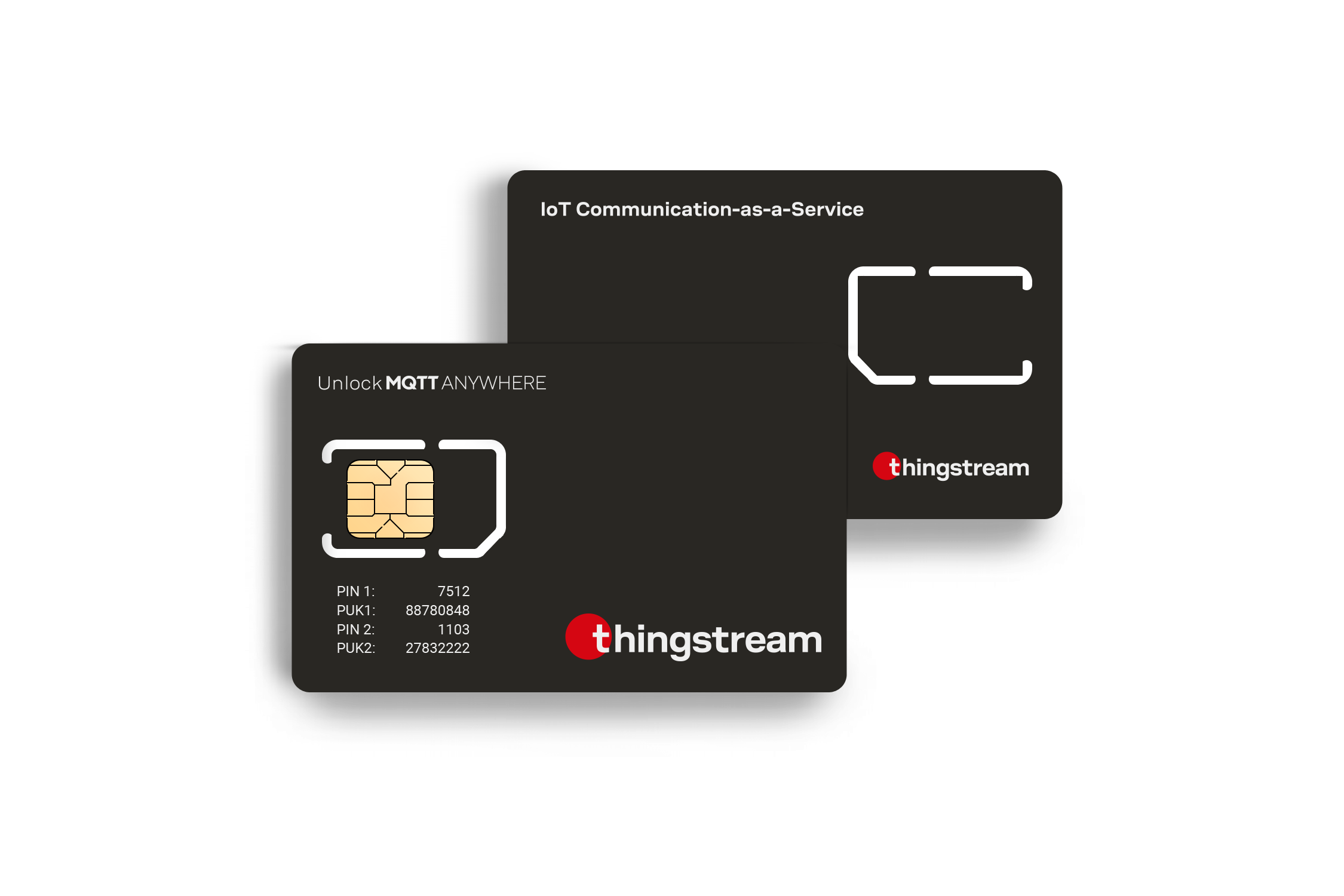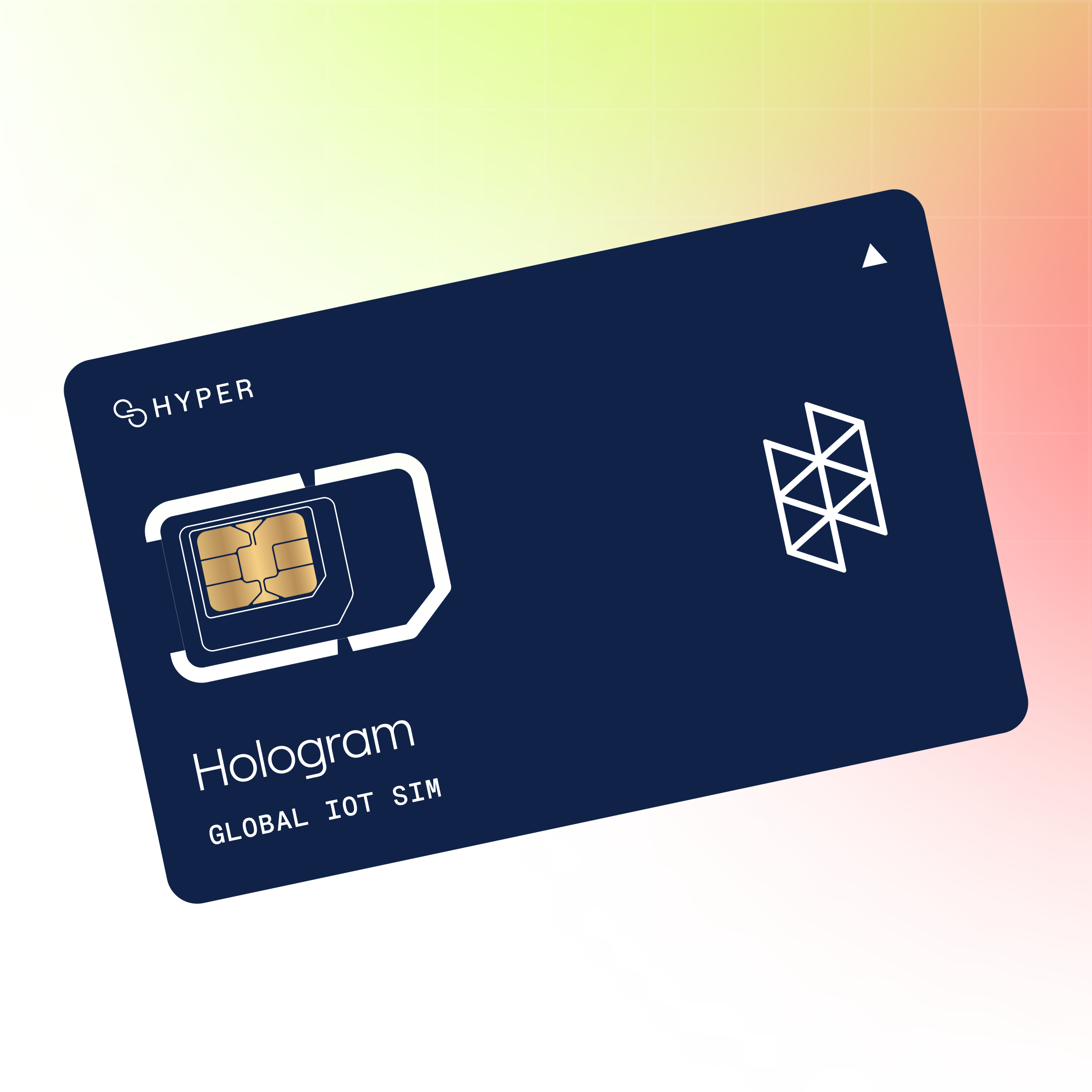Hologram Iot Sim Card IoT SIM card Knowledge Base
Hologram Iot Sim Card IoT SIM card Knowledge Base
Blog Article
Iot Sim Card India SIM Cards for IoT
The landscape of producing is evolving rapidly, pushed primarily by technological advancements. Among these developments, IoT connectivity solutions for manufacturing automation stand out as pivotal parts reshaping how industries function. The Internet of Things (IoT) integrates digital and physical worlds, making a community of interconnected gadgets that communicate seamlessly. This interconnectedness allows manufacturers to optimize their processes and improve productivity.
Real-time data is a cornerstone of contemporary manufacturing. Through IoT connectivity options, machines and sensors generate data that provide insights into manufacturing processes. This immediate access to info empowers producers to make knowledgeable selections rapidly. For occasion, if a machine is underperforming, operators can identify the difficulty and implement corrective actions directly, finally minimizing downtime and enhancing throughput.
Predictive maintenance is one other important good thing about IoT connectivity solutions. By constantly monitoring tools efficiency through numerous sensors, producers can anticipate failures before they happen. This proactive method drastically reduces maintenance prices and improves the lifecycle of equipment. Instead of adhering to a reactive maintenance technique, organizations can optimize their maintenance schedules based on precise machine circumstances.
Iot Data Sim Card IoT SIM Cards Introductory Guide
IoT expertise also facilitates better supply chain management. With the mixing of sensors all through the provision chain, producers acquire enhanced visibility into inventory ranges and material flows. This improved visibility allows businesses to optimize stock management, ensuring that they have the necessary materials on hand without overstocking. Such efficiency interprets to reduced costs and improved service levels, that are essential for maintaining a aggressive edge.
Automation and robotics are more and more reliant on IoT connectivity options. Smart factories combine automated methods powered by IoT to streamline manufacturing processes. Robotics geared up with IoT capabilities can talk with each other and adjust their actions based on real-time data from the environment. This degree of synchronization allows the implementation of adaptive manufacturing methods that respond to fluctuations in demand quickly and effectively. Iot Board With Sim Card.
Iot Sim Card North America IoT Data Plan
Implementing IoT connectivity options requires a strong community infrastructure. Manufacturers should put money into reliable and safe communication networks capable of handling the immense information generated by interconnected units. 5G know-how is emerging as a vital enabler of IoT connectivity in manufacturing. Its fast velocity and low latency support the real-time functions which are essential for data-driven decision-making.
Data analytics plays a significant role in harnessing the full potential of IoT connectivity solutions. With a wealth of data generated from linked units, producers must employ superior analytics instruments to extract actionable insights. Machine learning algorithms can establish patterns and anomalies in knowledge that may not be obvious to human analysts. This data-driven approach enhances operational effectivity by driving steady improvement throughout manufacturing processes.
Cybersecurity is a vital consideration as manufacturers combine IoT solutions into their operations. The connectivity that IoT brings will increase the floor area for potential cyberattacks. Implementing strong safety measures to safeguard crucial manufacturing systems is paramount. This includes guaranteeing that all devices are secure, information is encrypted, and continuous monitoring for threats is in place.
Worker security is significantly improved by way of IoT connectivity solutions. Wearable units geared up with sensors can monitor the health and safety of employees in actual time. These smart wearables can alert personnel to hazardous circumstances, ensuring timely intervention. Such measures not only defend employees but in addition contribute to overall productiveness by minimizing the chance of accidents.
Sim Card For Iot Devices Simplify IoT SIM Card Management
The transition to smart manufacturing via IoT connectivity solutions additionally promotes sustainability. By optimizing processes, producers can considerably reduce waste and energy consumption. IoT gadgets help observe resource usage, enabling businesses to establish areas the place effectivity may be enhanced. These environmentally friendly practices not only benefit the planet however can also end in value financial savings over time.
The influence of IoT connectivity solutions on manufacturing extends beyond the operational realm. They enable enhanced customer engagement by allowing manufacturers to ship customized products and services. Through IoT-enabled devices, producers can collect information about buyer preferences, leading to the creation of tailored offerings that better meet market calls for. This stage of engagement fosters buyer loyalty and strengthens brand status.
In conclusion, IoT connectivity options for manufacturing automation characterize a transformative drive within the trade. By offering real-time insights, predicting weblink equipment failures, improving supply chain administration, and enhancing worker safety, these solutions redefine operational effectivity. As manufacturers continue to integrate IoT technologies, the benefits extend beyond traditional metrics of productiveness and price. Embracing these innovations sets the groundwork for a more sustainable and responsive manufacturing environment that's outfitted to satisfy the challenges of the lengthy run.
Iot Device With Sim Card IoT SIM

- Enhanced real-time monitoring by way of IoT sensors allows manufacturers to trace equipment performance and operational efficiency.
- Predictive maintenance is facilitated by IoT connectivity, decreasing downtime and lengthening equipment lifespan through timely interventions.
- Seamless integration of IoT units throughout production strains enhances knowledge assortment, resulting in improved decision-making processes.
- Wireless technologies corresponding to LPWAN allow cost-effective communication over huge manufacturing facilities, minimizing installation complexity.
- Cloud-based IoT platforms present scalable options for information analytics and visualization, empowering producers to identify trends and optimize workflows.
- Enhanced asset tracking using IoT units ensures higher inventory management and reduced losses because of misplacement or theft.
- Industry-specific IoT protocols, like MQTT and CoAP, ensure efficient and secure data transmission tailored to manufacturing needs.
- Advanced cybersecurity measures are crucial in IoT ecosystems to guard sensitive operational data from potential threats and breaches.
- Integration of IoT with machine learning algorithms permits for autonomous adjustments and enhancements in manufacturing processes based on historical data.
- Collaboration with IoT solution suppliers enables producers to customise connectivity strategies that address their distinctive operational challenges.
What are IoT connectivity solutions for manufacturing automation?
IoT connectivity solutions allow seamless communication between machines, sensors, and units within a producing environment, facilitating knowledge exchange, monitoring, and management to reinforce operational efficiency and decision-making.
How do IoT connectivity solutions improve manufacturing processes?
These options streamline workflows, scale back downtime, and optimize asset utilization by providing real-time knowledge insights, enabling predictive maintenance, and enhancing supply chain visibility.
Iot Data Sim Card IoT SIM card IoT M2M eSIMs
What forms of IoT connectivity technologies are generally used in manufacturing?

Common technologies include Wi-Fi, Zigbee, LoRaWAN, cellular (4G/5G), and Bluetooth. Each expertise presents unique advantages primarily based on vary, knowledge switch velocity, and power consumption suited for different manufacturing wants.
How secure are IoT connectivity options for manufacturing?
Robust safety measures, together with encryption, system authentication, and network segmentation, are important to protect production environments from cyber threats, making certain data integrity and operational continuity.
Global Nb-Iot Sim Card IoT SIM network-independent IoT SIM
Can IoT connectivity solutions be built-in with present manufacturing systems?
Yes, many IoT options are designed for interoperability, allowing integration with legacy systems and tools. This allows manufacturers to boost their capabilities without replacing present infrastructure.
Iot Sim Card Australia SIM cards stopped working IoT Modules
What are the price implications of implementing IoT connectivity solutions?
Initial setup costs may range, however long-term savings are sometimes realized via elevated effectivity, lowered waste, and improved maintenance strategies (Sim get redirected here Card Iot Devices). A detailed cost-benefit evaluation may help determine the monetary impression.
How can I choose the best IoT connectivity solution for my manufacturing facility?

Evaluate components corresponding to scalability, reliability, ease of integration, and particular use case requirements. Consulting with industry consultants and conducting pilot tasks may help in identifying the most effective fit for your wants.
Nb Iot Sim Card Built For Bigger Internet of Things SIM Cards
What are the challenges in adopting IoT connectivity solutions for manufacturing?
Challenges may embrace cybersecurity concerns, interoperability issues, and the necessity for staff coaching. Addressing these obstacles by way of strategic planning and stakeholder involvement can facilitate profitable adoption.
How does data collected via IoT connectivity affect decision-making in manufacturing?
Real-time data analytics permits manufacturers to make knowledgeable decisions rapidly, optimizing operational processes, bettering quality control, and enabling proactive management of assets and potential points - What Are Iot Sim Card.
Report this page